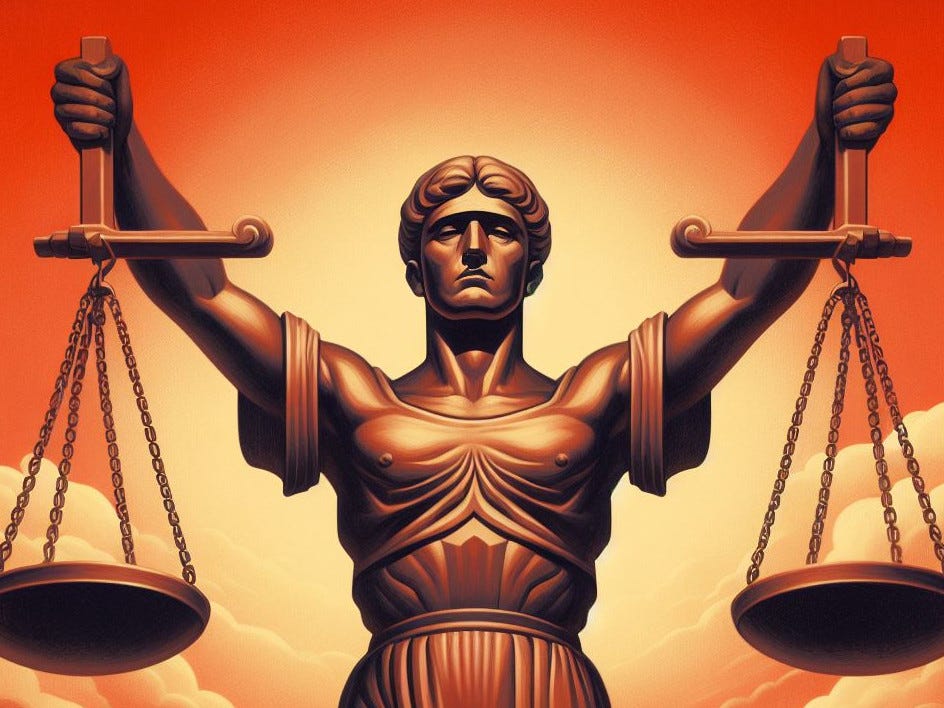Cloaking evil in a costume of law
On Calvinball, poker face, and the evil rules of bad rulers
In poker, many a player has been betrayed by a "tell" -- some kind of involuntary reflex that reveals the truth despite the player's concerted effort to hide it. Tells aren't limited to gambling, though: One of the chronic tells within a morally rotten system of government is the attempt to put a costume of words that sound like law over motivations that are nothing but hollow exercises in power.
■ Consider the words of the man who holds Hong Kong's title of Secretary for Justice. Speaking about the government's new "security" law, which severely escalates the penalties for a range of offenses that are sufficiently ambiguous that they make for an all-purpose toolkit for striking down opposition groups.
■ In a television interview, the Secretary for Justice declared, "Let's say in extreme situations, if someone repeatedly reposted [overseas criticism] online and showed agreement -- and that they added comments simply to incite other people's hatred towards the Hong Kong and the central government -- then, of course, there would be risk".
■ Words like "extreme situations" and "simply to incite" do a lot of work here, accounting for both a great deal of goalpost-moving and imputation of intent. It sounds like law, but it's really Calvinball.
■ It would be easier to say, "If we are criticized in any way, the critic risks going to prison." But the tell here is that, deep down, even the authoritarians know that what they're doing is fundamentally repugnant. They know that their claim to power is immoral. They know that history will someday eviscerate their memory.
■ But in the short run, they cloak their evil in a costume of law because they're hoping to evade detection. Power that tries to quash criticism instead of adapting to it is ultimately doomed to failure. When it bluffs about its true intentions, nobody should give it a pass.



